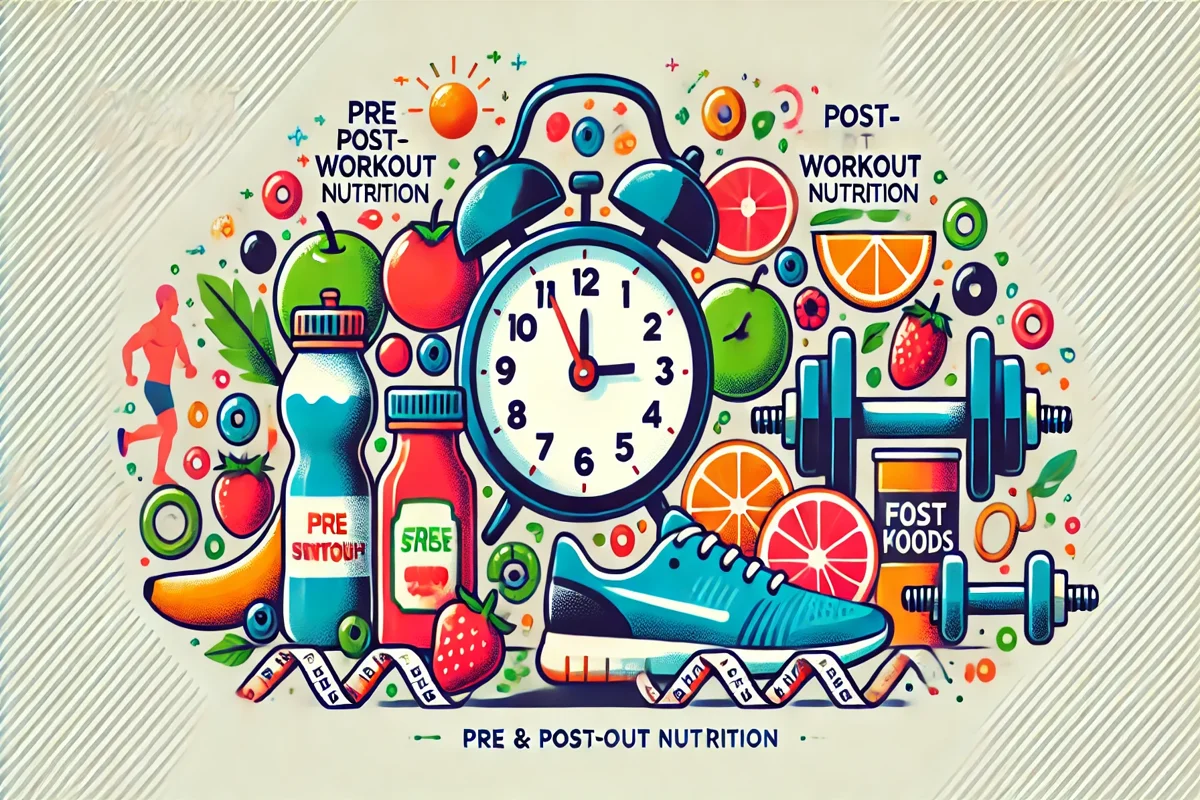When it comes to performance, timing your nutrition can be just as important as what you're eating. Athletes who master the timing of their calorie and macronutrient intake gain an edge in energy, recovery, and overall training effectiveness. This guide breaks down exactly how to optimize your meals before and after workouts.
Why Nutrient Timing Matters
Nutrient timing is the strategic consumption of specific nutrients around training sessions to enhance performance and recovery. Proper timing ensures your muscles have the fuel they need exactly when they need it.
Pre-Workout Nutrition: Fueling for Performance
Your pre-workout meal or snack provides essential fuel for your training session. Ideally, it should focus primarily on carbohydrates with moderate protein and minimal fats to avoid digestive discomfort during exercise.
- Carbohydrates (60-70%): Complex carbs for sustained energy, such as oatmeal, sweet potatoes, or bananas.
- Protein (20-30%): Supports muscle maintenance and primes your body for recovery.
- Fats (10% or less): Keep fats low to ensure easy digestion.
Aim to eat your pre-workout meal about 1–3 hours before exercise, depending on your tolerance and the meal size. A small carb-focused snack 30–60 minutes before can also provide an immediate energy boost.
Post-Workout Nutrition: Maximizing Recovery
The post-workout window (approximately 30–60 minutes after exercise) is critical for initiating recovery processes. Your post-workout nutrition should prioritize protein to repair muscle tissue and carbohydrates to replenish glycogen stores.
- Protein (30-40%): Fast-absorbing proteins like whey or plant-based alternatives for quick recovery.
- Carbohydrates (50-60%): Quick-digesting carbs such as fruits, rice, or sports drinks to refill glycogen.
- Fats (10-15%): Moderate fats to support overall health but not hinder digestion speed.
Hydration and Electrolytes
Hydration is an essential part of your nutrition strategy. Drink water consistently before, during, and after training, and replenish electrolytes lost through sweat—especially sodium and potassium.
Example Meals for Optimal Timing
- Pre-workout meal (2 hours before): Oatmeal topped with berries and a scoop of protein powder.
- Pre-workout snack (30 minutes before): Banana with a small spoon of almond butter.
- Post-workout meal (within 1 hour after): Grilled chicken, rice, and roasted vegetables.
Using CounterCal for Timing Accuracy
Accurately tracking your calories and macros around training can seem overwhelming. CounterCal simplifies this by allowing you to describe meals naturally and providing instant macro breakdowns, ensuring your nutrient timing aligns with your training needs.
Final Thoughts on Nutrient Timing
Nutrient timing isn't just for professional athletes. Anyone serious about their fitness goals can benefit from strategically timed nutrition. By aligning your meal timing with your workout schedule, you'll improve performance, accelerate recovery, and maximize results from your training.
Start optimizing your nutrient timing today with CounterCal, and unlock the full potential of every workout.
<hr>
